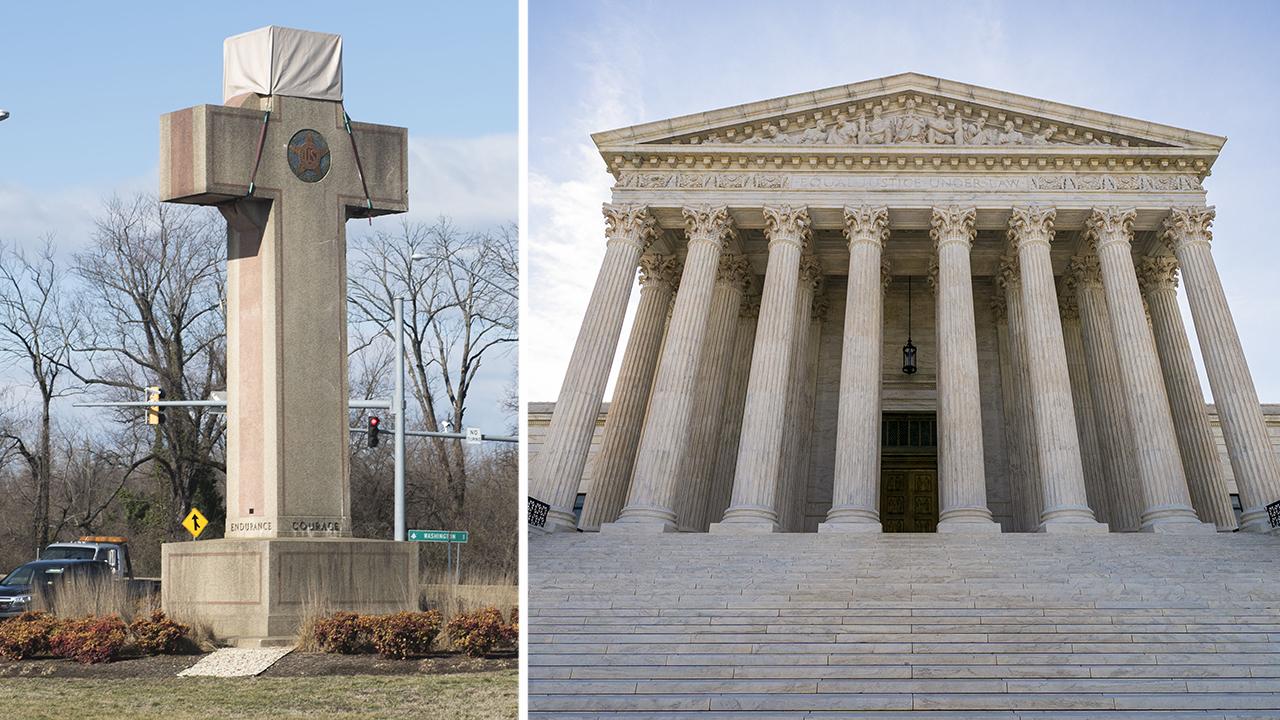When the Supreme Court ruled on the constitutionality of the memorial cross in Maryland, the lawyers with First Liberty Institute hoped that they would also dismiss what has been known as “the Lemon test.” Back in 1971, the justices created a three-part test in Lemon v. Kurzman that made it too easy to declare any religious symbol or action unconstitutional. The recent court ruling didn’t eliminate the test but essentially set it aside.
In his concurring opinion, Justice Clarence Thomas explained that “the logical next step” would be to “overrule the Lemon test in all contexts.” He argued for that because the test “has no basis in the original meaning of the Constitution” and “continues to cause enormous confusion in the states and lower courts.” That latter point can be illustrated by the reams of paper necessary to adjudicate whether a cross memorial erected nearly a century ago should be bulldozed down because it might offend a few humanists.
That was the other issue at stake. At least two of the justices raised the important question of whether an American who is offended by religious speech or religious display even has standing to bring a lawsuit. Justice Neil Gorsuch wanted to rescue “the federal judiciary from the sordid business of having to pass aesthetic judgment, one by one, on every public display in this country for its perceived capacity to give offense.” He concluded that “In a large and diverse country, offense can be easily found.”
Justice Thomas also set aside the argument that a cross is a sectarian symbol. If you think about it, every religious symbol (a cross, a Jewish star, a Muslim crescent) is sectarian.
Kelly Shackelford declared, “The days of illegitimately weaponizing the Establishment Clause and attacking religious symbols in public are over.” That’s why this cross case was so important.
 Listen Online
Listen Online Watch Online
Watch Online Find a Station in Your Area
Find a Station in Your Area












 Listen Now
Listen Now Watch Online
Watch Online
